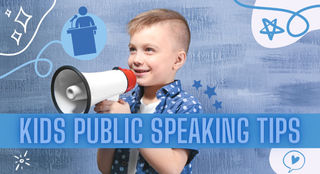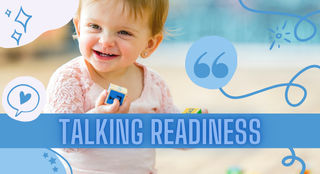-
As Speech Therapist we frequently get asked about screen time. we often get aske for apps that will help with a child speech and language development. while there are many fantastic and evidence-based resources available, you can read on to find out about our general opinion about screen time.
-
The first thing you can do to help your late talker is something called self-talk. This is essentially just talking about what you’re doing. When you are around your child, talk about what you are doing. Describe what you are holding, the actions you are performing, what you see, how you feel, and what you hear, smell, or taste. Talk about all of this!
-
If a child’s speech and language skills are delayed at age six, then they were almost most definitely delayed at age four and five! The concerning thing is that the parent has decided, or even worse been advised, to “wait and see!”
-
Children usually find public speaking scary at first. However, with the right focus and support they can learn to structure great speeches and deliver them with confidence. Here are 6 public speaking tips for kids to help them deliver great speeches more confidently.
-
As soon as a child is born they are learning and developing pre-language or non-verbal skills which will support later language learning. Pre-language skills are the ways in which we communicate without using words and include things such as gestures, facial expressions, imitation, joint attention and eye-contact. These are the skills that set children up to be ready to talk and communicate.
-
We use expressive and receptive language skills to communicate with others effectively. If a child has consistent difficulty understanding others or sharing thoughts, ideas and feelings, they may have a language disorder. A language disorder can be a receptive or expressive language disorder. To determine if your child has receptive or expressive language difficulties, it is important to understand the difference between receptive language and expressive language.







